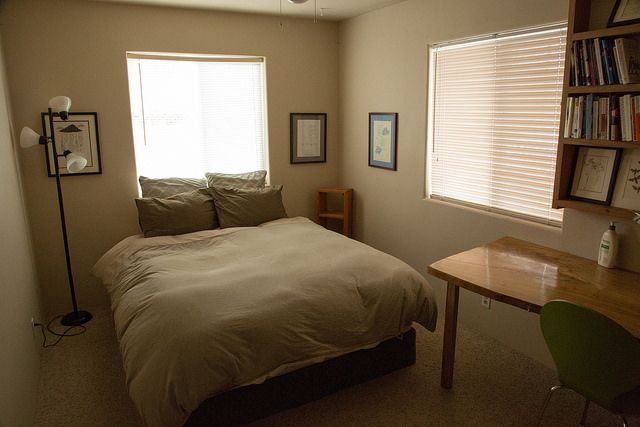Airbnb – the website that makes it easy for private individuals to list, find, and rent lodgings – has seen a significant growth in the number of rentals available in Copenhagen.
While 711,000 customers have used the service to arrange overnight accommodation in Denmark since 2009, the vast majority used the service in the past year. Some 405,000 visitors overnighted 1.7 million times using Airbnb during that period, effectively doubling the numbers using the service in just one year.
“This year, 2015, has truly been the year when the Danes embraced the idea of shared accommodation: both as travellers and as hosts,” Aja Guldhammer Henderson, the country manager for Airbnb in Scandinavia and the Netherlands, told DR Nyheder.
A biblical problem
By comparison, the hotel industry registered 19.5 million overnight stays last year. Hotel industry leaders are critical of the Airbnb business model, saying that it is not, as the company claims, a sharing of resources, but a business.
Claus Skytte, who has written several books on shared finance business models, said the hotel industry is simply outmoded.
“Hotels have not evolved since Joseph and Mary were looking for a place to give birth to their son,” said Skytte. “Perhaps the hotel industry should embrace the new technology and become a part of it.”















